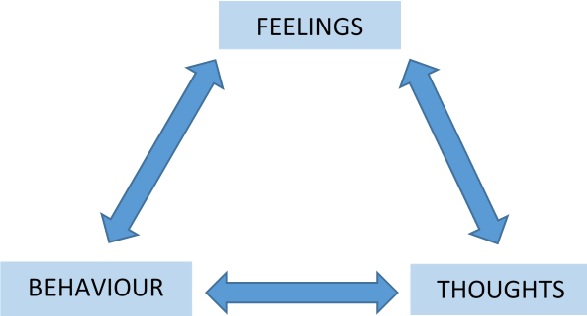
In this blog, EDIT Lab Postdoc Meg Skelton discusses our recent paper looking at patient trajectories of symptom and impairment during internet-based psychological therapy for anxiety and depression.

In this blog, EDIT Lab Postdoc Meg Skelton discusses our recent paper looking at patient trajectories of symptom and impairment during internet-based psychological therapy for anxiety and depression.

In this blog, EDIT Lab Postdoc Meg Skelton describes internet-delivered psychological treatments for anxiety and depression.

In this blog, we interviewed research assistant Bridie MacDonald about her work in IAPT. What is the difference between a psychological wellbeing practitioner (PWP) and a high intensity (HIT) CBT Therapist? PWP and HIT CBT Therapist are both psychological therapists in NHS Improving Access to Psychological Therapy (IAPT)…

In this blog, PhD student Meg Skelton and Placement student Jade Pusey discuss internet enabled Cognitive Behavioural Therapy.

The RAMP study has shown that a lot of participants have experienced worsening symptoms of anxiety and depression since lockdown was announced.EDIT Lab PhD student, Jess, interviewed four clinicians to help understand the ways in which the pandemic may be impacting mental health
In this blog, placement student Emma Bishop reviews ‘Eleanor Oliphant is completely fine’ and explores research in this field.

For the letter T in our A-Z series, Chris discusses the emerging field of Therapygenetics.

Depression is the fifth leading cause of the global burden of disease and first leading mental health cause (Vos et al., 2017). Whilst everyone experiences sadness and perhaps even depression at times in their lives, perhaps following loss of a loved one, those with clinical depression experience symptoms that go…

Cognitive behavioural therapy (CBT) is an evidence-based psychological therapy, most commonly used to treat anxiety disorders and depression. CBT is a talking therapy that explores the relationship between thoughts, feelings and behaviours. It is a structured, goal-oriented, skills-based treatment that uses both cognitive and behavioural techniques to change the way…

The idea that talking about your feelings is a good thing is definitely not new. Folk wisdom dictates “Get it off your chest and you’ll feel better” and research seems to agree. Experimental research in the last few decades has explored the mechanisms of verbalizing affect more closely.
Recent Comments